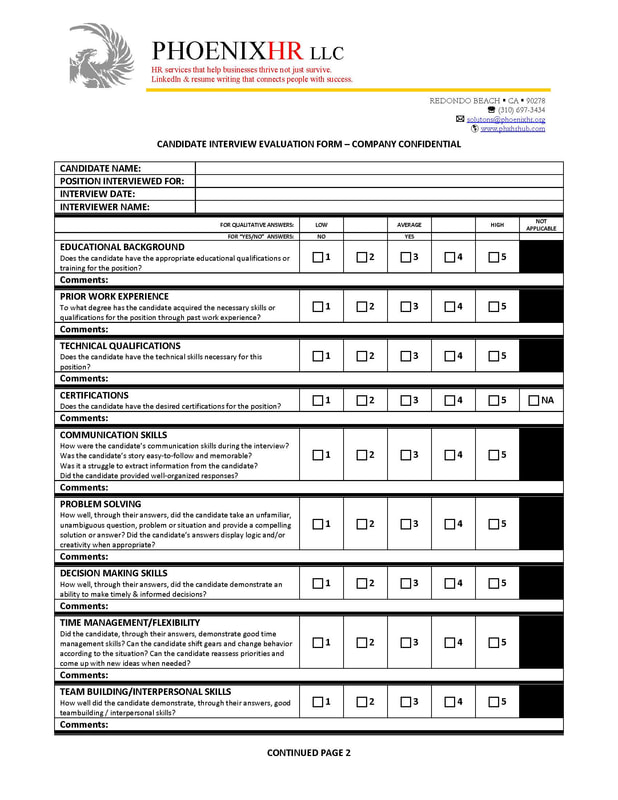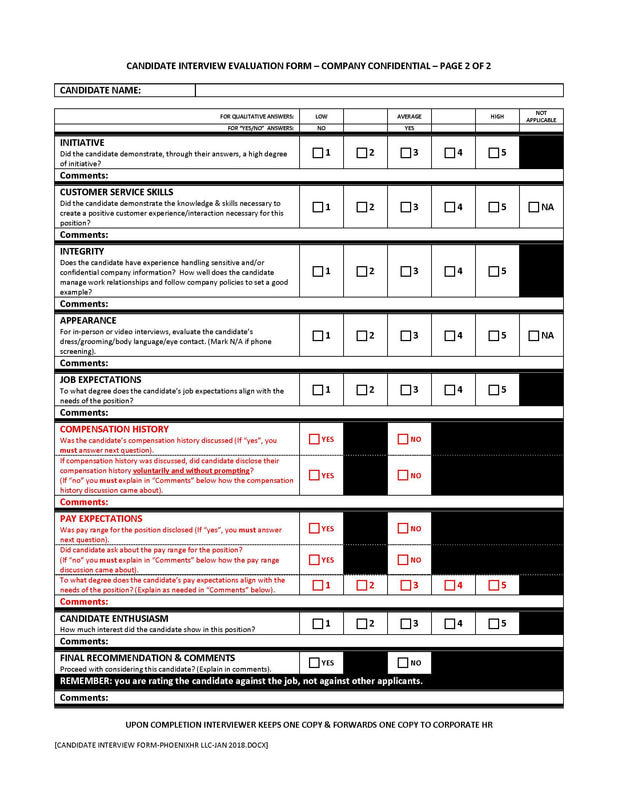Little doubt remains that the Coronavirus poses a severe threat to all businesses regardless of size, type or geography. One need only look as far as the recent Wall Street bloodbath and the growing number of major business events being cancelled by the likes of Microsoft and others. For those HR functions that are proactive and willing to step-up, this crisis offers a chance to deliver real value to the organizations they support.
Opportunity: Employee Communication
Human Resources is an essential organ of communication with employees. The proactive HR function should partner with its company's leadership team to craft a clear and unified message on the Coronavirus. This is an opportunity to remind employees that their employer cares about them...that their health and well-being is (and remains) the company's first priority. It is an opportunity for HR remind/re-educate employees about how to leverage their company's health care benefits. It is an opportunity to encourage employees to communicate with management about how they are feeling and what they're observing health-wise in their communities. Clear and frequent communication is especially essential for organizations with large populations of virtualized or remote employees who do not have the benefit of communicating in person on a regular basis.
Opportunity: Infectious Disease Policies
Most Human Resources functions already have documentation in place on policies such as sick time or leaves of absence...but does it have a specific Infectious Disease Policy? If not, HR should first help its business leaders decide if the business needs one. The potential benefit of having a clear, written Infectious Disease Policy is greater for businesses with multi-national operations, offshore operations, and/or a highly mobile workforce. Once the need for an Infectious Disease Policy is established, the next consideration is what it should (or shouldn't) say. Particularly for this kind of policy, definitions are critical (such as clearly defining an "infectious disease"). On matters such as handling medical information, policy wording should comply with Federal or state law on confidentiality and specify that any information disclosure will be limited to what is required by law. Lastly, an Infectious Disease Policy is where the company can assert its right to take measures to control unacceptable risk of exposure (such as controlling travel, adjusting work schedules or complying with any government mandates related to an outbreak).
Opportunity: Operations Planning
Lastly, the HR function has an opportunity to earn its seat at the table as a strategic partner. It can do this by helping the organization's leaders examine their respective functions: sales, operations, marketing, IT, etc. Are there critical staffing holes that can be further worsened if the company is affected by the Coronavirus? Are business continuity plans documented and in place in the event the virus interrupts the critical flow of a business department, business unit and/or geography? HR can help address crucial questions like these...but first, it must be properly prepared. Before opening such a dialogue with the company's leadership team, HR must not only understand the business it supports, but understand the priorities and challenges its leadership team faces in their respective areas. Simply put, HR must do its homework first before it can be part of the business solution.
If you are a small to medium size employer with no formal human resources function or with an HR function that is currently overloaded, contact us today to see how we can help.
This website (including its blog posts) is a service provided by PhoenixHR LLC, its partners, affiliates or subsidiaries (collectively, "Provider"). This website does not provide legal advice and Provider is not a law firm. Although we go to great lengths to make sure our information is accurate and useful, we recommend you consult a lawyer if you want legal advice. No attorney-client or confidential relationship exists or will be formed between you and Provider or any of our representatives.
Opportunity: Employee Communication
Human Resources is an essential organ of communication with employees. The proactive HR function should partner with its company's leadership team to craft a clear and unified message on the Coronavirus. This is an opportunity to remind employees that their employer cares about them...that their health and well-being is (and remains) the company's first priority. It is an opportunity for HR remind/re-educate employees about how to leverage their company's health care benefits. It is an opportunity to encourage employees to communicate with management about how they are feeling and what they're observing health-wise in their communities. Clear and frequent communication is especially essential for organizations with large populations of virtualized or remote employees who do not have the benefit of communicating in person on a regular basis.
Opportunity: Infectious Disease Policies
Most Human Resources functions already have documentation in place on policies such as sick time or leaves of absence...but does it have a specific Infectious Disease Policy? If not, HR should first help its business leaders decide if the business needs one. The potential benefit of having a clear, written Infectious Disease Policy is greater for businesses with multi-national operations, offshore operations, and/or a highly mobile workforce. Once the need for an Infectious Disease Policy is established, the next consideration is what it should (or shouldn't) say. Particularly for this kind of policy, definitions are critical (such as clearly defining an "infectious disease"). On matters such as handling medical information, policy wording should comply with Federal or state law on confidentiality and specify that any information disclosure will be limited to what is required by law. Lastly, an Infectious Disease Policy is where the company can assert its right to take measures to control unacceptable risk of exposure (such as controlling travel, adjusting work schedules or complying with any government mandates related to an outbreak).
Opportunity: Operations Planning
Lastly, the HR function has an opportunity to earn its seat at the table as a strategic partner. It can do this by helping the organization's leaders examine their respective functions: sales, operations, marketing, IT, etc. Are there critical staffing holes that can be further worsened if the company is affected by the Coronavirus? Are business continuity plans documented and in place in the event the virus interrupts the critical flow of a business department, business unit and/or geography? HR can help address crucial questions like these...but first, it must be properly prepared. Before opening such a dialogue with the company's leadership team, HR must not only understand the business it supports, but understand the priorities and challenges its leadership team faces in their respective areas. Simply put, HR must do its homework first before it can be part of the business solution.
If you are a small to medium size employer with no formal human resources function or with an HR function that is currently overloaded, contact us today to see how we can help.
This website (including its blog posts) is a service provided by PhoenixHR LLC, its partners, affiliates or subsidiaries (collectively, "Provider"). This website does not provide legal advice and Provider is not a law firm. Although we go to great lengths to make sure our information is accurate and useful, we recommend you consult a lawyer if you want legal advice. No attorney-client or confidential relationship exists or will be formed between you and Provider or any of our representatives.

















